Alexandria, VA
On the early morning of 24 May 1861, the Union Army prepared in Washington for a two pronged assault on the seaport town of Alexandria. Most of the army crossed the Long Bridge to the Virginia side of the Potomac and proceeded south about 8 miles into the north end of the town. Simultaneously, a significant Union amphibious force landed on Alexandria’s waterfront. Amongst the amphibious forces was a unit from New York, the Eleventh Volunteer Infantry Regiment also known as the First Fire Zouaves.
The Zouaves were led by a dashing young Union Major Elmer E. Ellsworth. Ellsworth was already known in military circles nationwide. His Zouaves barnstormed throughout Northern towns before the war displaying their talents in martial and sartorial showmanship. They were the Marine Corps Silent Drill Team of its day. The Zouaves and their leader were well known quantities in the North and possessed a celebrity status. Ellsworth was also a bosom friend of the Lincoln family having clerked for Lincoln in Springfield before the war.
The Union Army’s mission that morning included securing a number of strategic points in town including the Telegraph Office, the Post Office, The Railroad Roundhouse, and a number of banks. The Zouaves proceeded up the main street of Alexandria (King Street.) At the corner of King and Pitt Streets, stood an unremarkable tavern and boarding house known as the Marshall House. The proprietor James Jackson was an ardent secessionist who flew a 14 x 24 foot Confederate National Flag from a long flagpole on the rooftop of the hotel. He often bragged to his hotel patrons that “…the flag will come down over my dead body!”
Upon arriving at the Marshall House, Ellsworth proceeded into the establishment with a small detail of men to take possession of the flag. After taking the flag down and while proceeding down the staircase to the second floor, Ellsworth was shot and killed instantly by Jackson. In turn, Corporal Francis Brownell returned fire and bayoneted Jackson killing him instantly. Hence, the first two casualties of the Civil War by guns fired in anger.
On the same morning of the events at the Marshall House, just three blocks away, many of Alexandria’s men are mustering at a pre-determined place in order to gather themselves to march south to join the armies of the Confederacy. To be discussed in the next blog are how both sides used the power of language to describe these happenings in Alexandria in order to inflame their respective populaces and garner support for the coming war.



